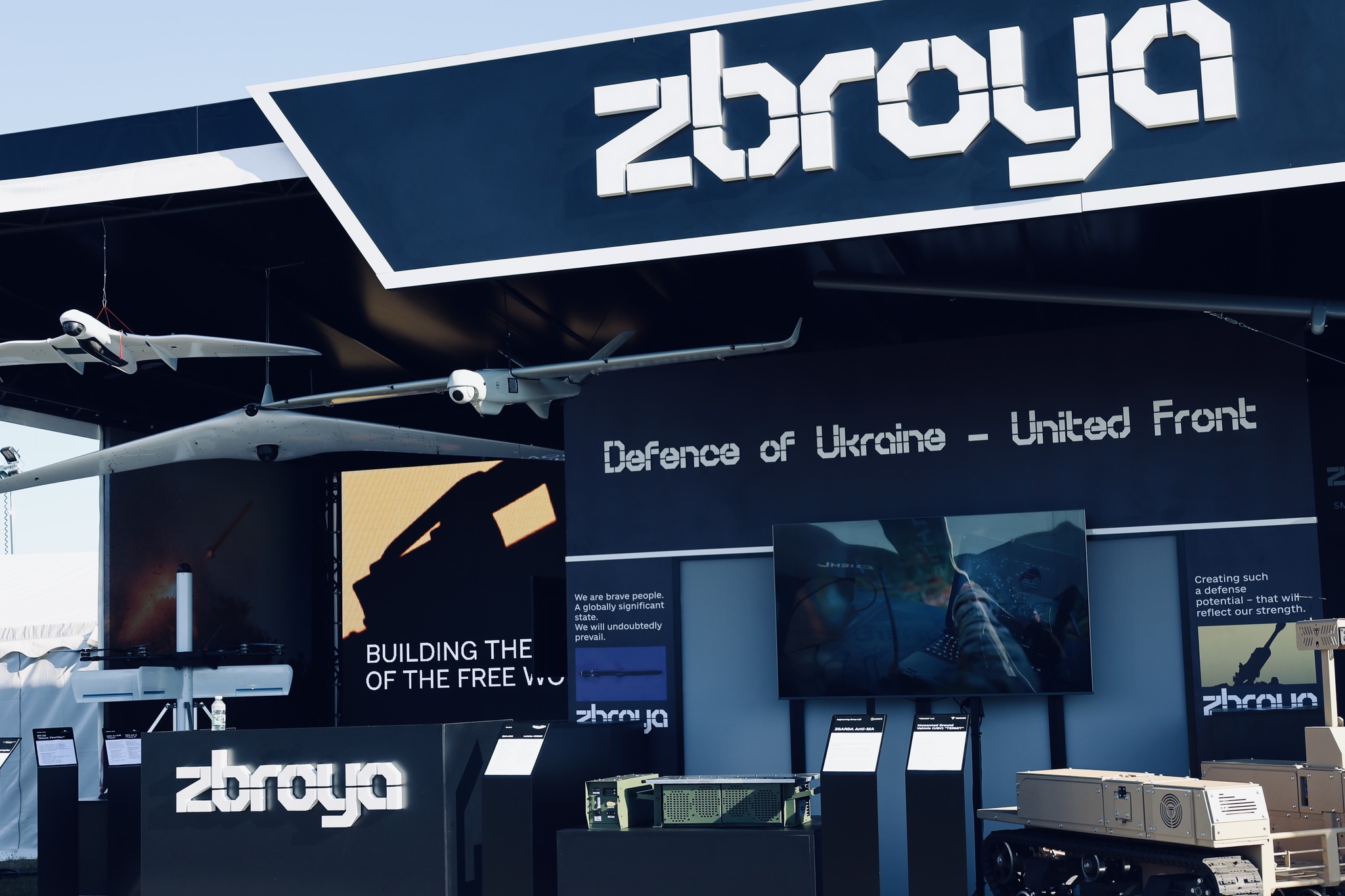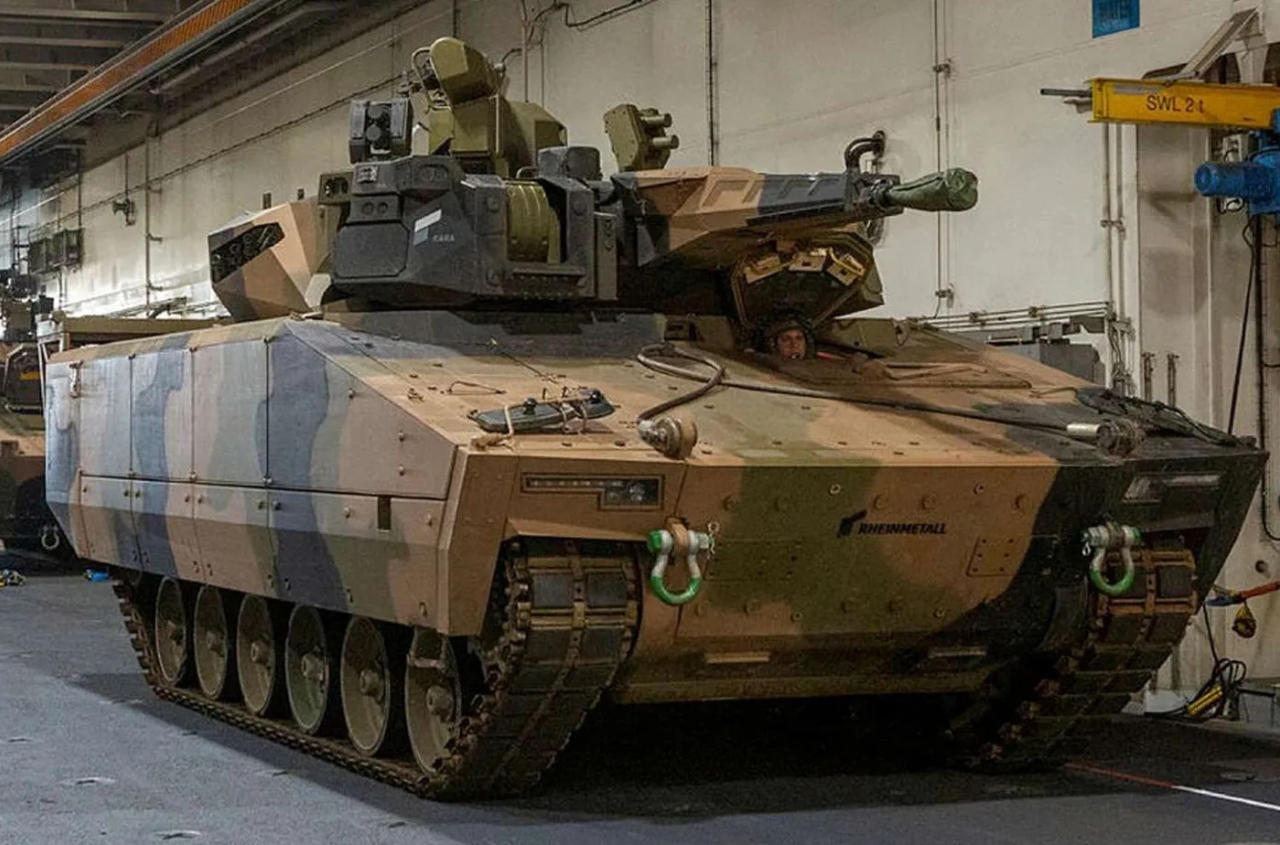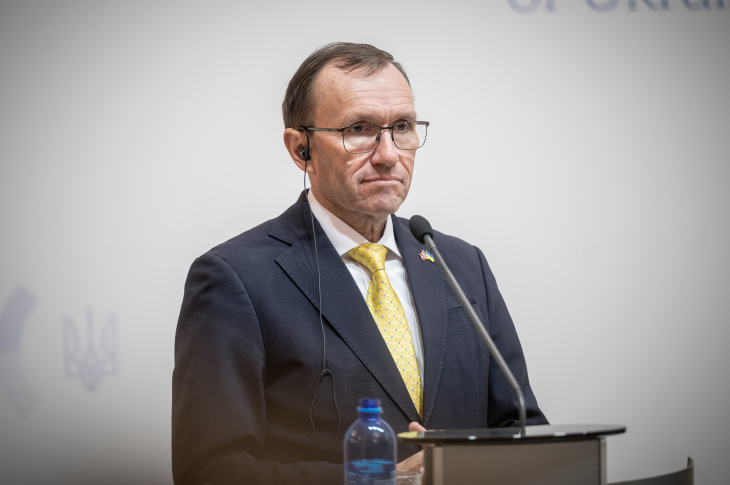Representatives of the Ukrainian defense industry, united under the national brand ZBROYA, showcased their products in Denmark and discussed further steps for cooperation with state customers within the framework of the “Danish model.”
The Ukrainian Arms Manufacturers Association reported that on August 20–21, Ukrainian companies had the opportunity to present their developments at DALO Industry Days, the largest defense industry exhibition in Scandinavia, held at the Ballerup Super Arena. Under the unified ZBROYA brand, Ukraine presented a complete lineup of battle-tested solutions and engaged in in-depth discussions with DALO engineering teams, the Danish Armed Forces, and state contractors.

According to the association, participation in the event enabled Ukrainian manufacturers to hold direct meetings with international partners, conduct technical demonstrations, and outline the next steps for cooperation — ranging from interoperability and certification to co-development, production localization, and launching contracts based on the “Danish model.”
Among the participants was the production and innovation company Deviro, the developer of the legendary reconnaissance drone Leleka and the strike drone Bulava.
The company Athlon Avia, which has been a trusted partner of Ukraine’s Defense Forces (including the Armed Forces, GUR, SBU, NPU, NGU, and SBGS) for over 10 years, presented its Furia UAV system.
Unwave’s team showcased solutions developed in response to the rapidly changing modern battlefield, including “Pastiaka”, a protection system for infrastructure and border areas, and an electronic warfare module (jammer) built exclusively from NATO-country components, entirely free of Chinese parts.
One of Ukraine’s fastest-growing defense tech companies, Tencore, brought its flagship ground robotic system TerMIT to DALO Industry Days 2025, demonstrating Ukraine’s capability to develop cost-effective, scalable, and NATO-compatible solutions.
Another highlight of the exhibition was the FP-1 strike drone by Fire Point, which has carried out around 60% of Ukraine’s deep-strike attacks on Russian territory, targeting oil refineries, ammunition depots, and military infrastructure.





















